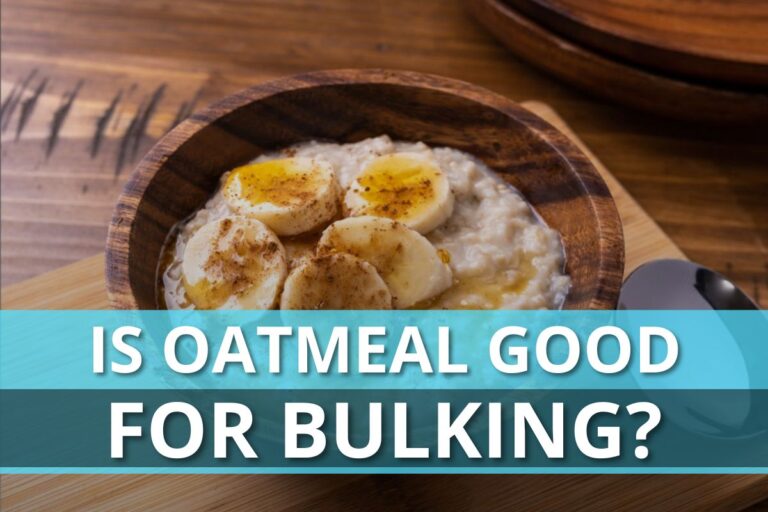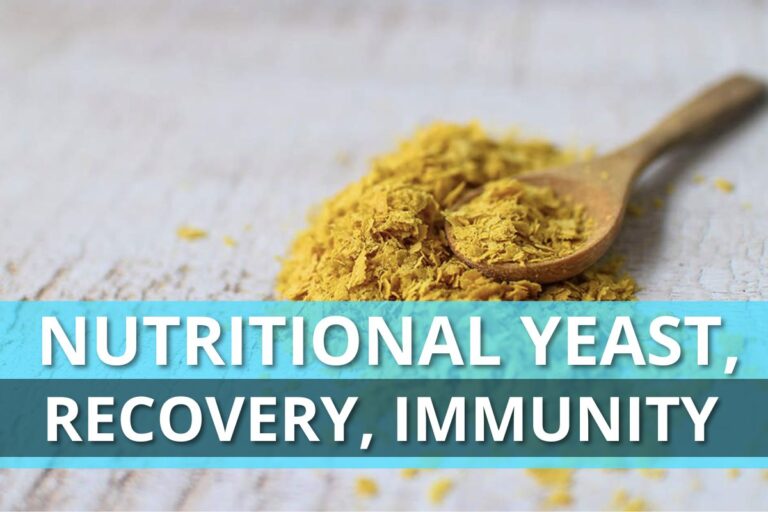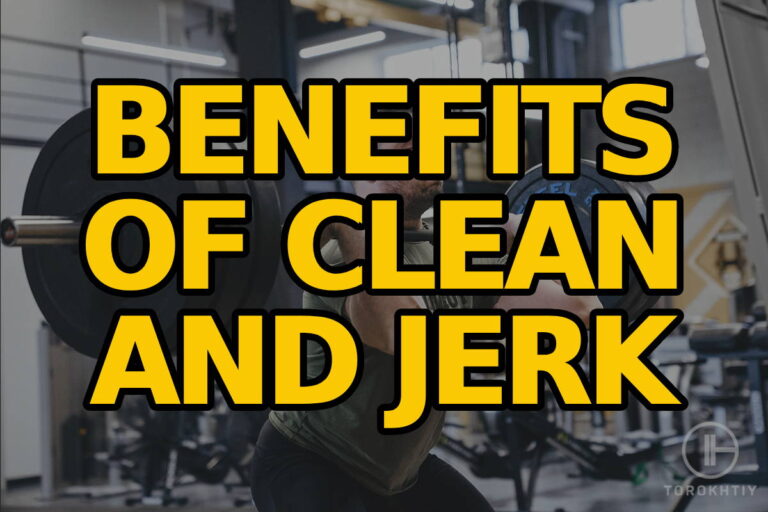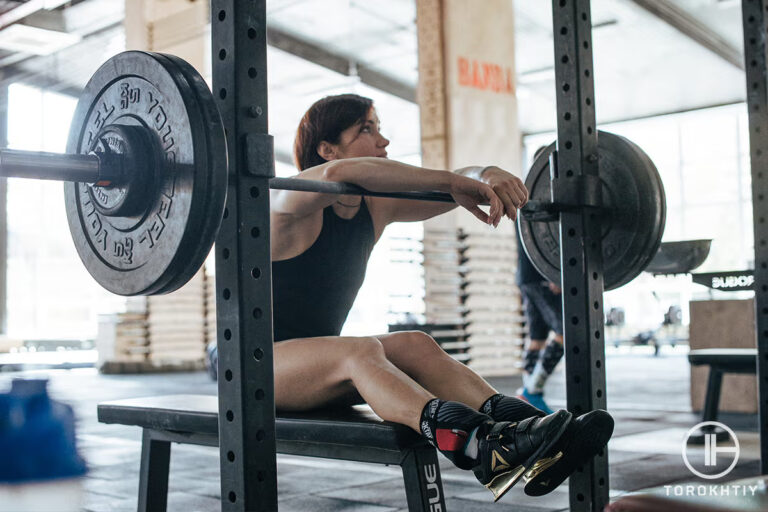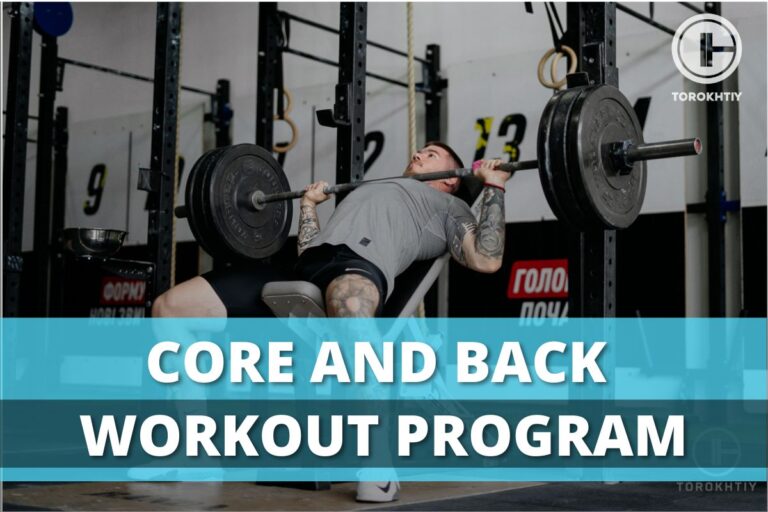Strength training and vitamin C
By training regularly we increase our oxygen requirement and cause oxidative stress, this also applies to strength training. For its part oxidative stress leads to the production of reactive oxygen species known as free radicals.
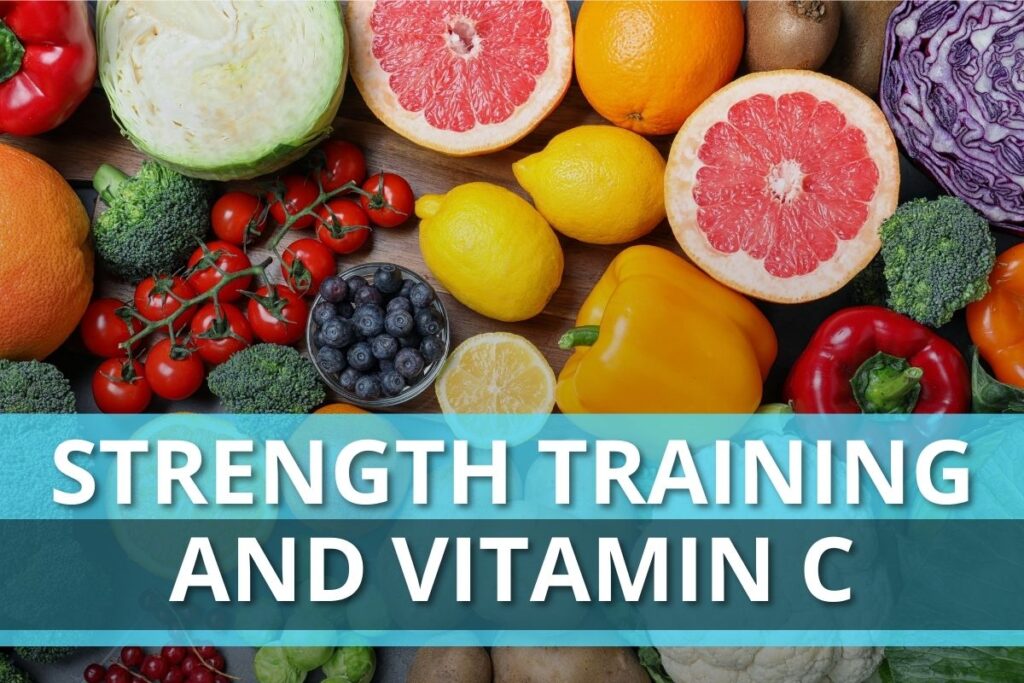
All of the above is supposed to hurt the ability of muscles to provide effective contraction, to interfere with muscle and strength growths, to make muscle fibers receive more damage and to slow their recovery after the heavy training.
Vitamin C is a well-known antioxidant that fights and neutralizes free radicals. And that’s why some scientists believe that antioxidants supplements (Vitamin C, Vitamin E and Coenzyme Q10) can counteract the effects mentioned before. Thus we can hope for an increase both in strength and muscle mass growth.
Let’s see what up-to-date studies have to tell us on this subject.
Vitamin C, muscle and strength index growth
In 2014 an authoritative periodical The Journal of Physiology published a study on Vitamin C and Vitamin E effectiveness. The dosages used were 1000 mg/day and 235 mg/day respectively. Scientists wanted to understand how it would affect strength training adaptation.
The subject pool consisted of 32 men and women that were divided into two groups with both of the Vitamins given to the first one members and the placebo for the second. The research term was set for 10 weeks. For all this period the subjects had heavy strength training 4 times a week.
The following diagnostics and tests were made as evidence of research efficiency:
- Vastus lateralis muscle (part of quadriceps) biopsy;
- 1RM in control exercise;
- Body composition analysis (through DEXA scan);
- Cross-sectional area of muscles (through MRI).
As a consequence, the supplement intake did not affect muscle protein indices, as it had no impact on the muscle mass. Moreover, Vitamin C and E intake impeded the increase in biceps curls. Both groups experienced strength growth, but the one with the placebo did better. Also, scientists noted that these supplements dulled cell signaling pathways that are linked to muscle hypertrophy.
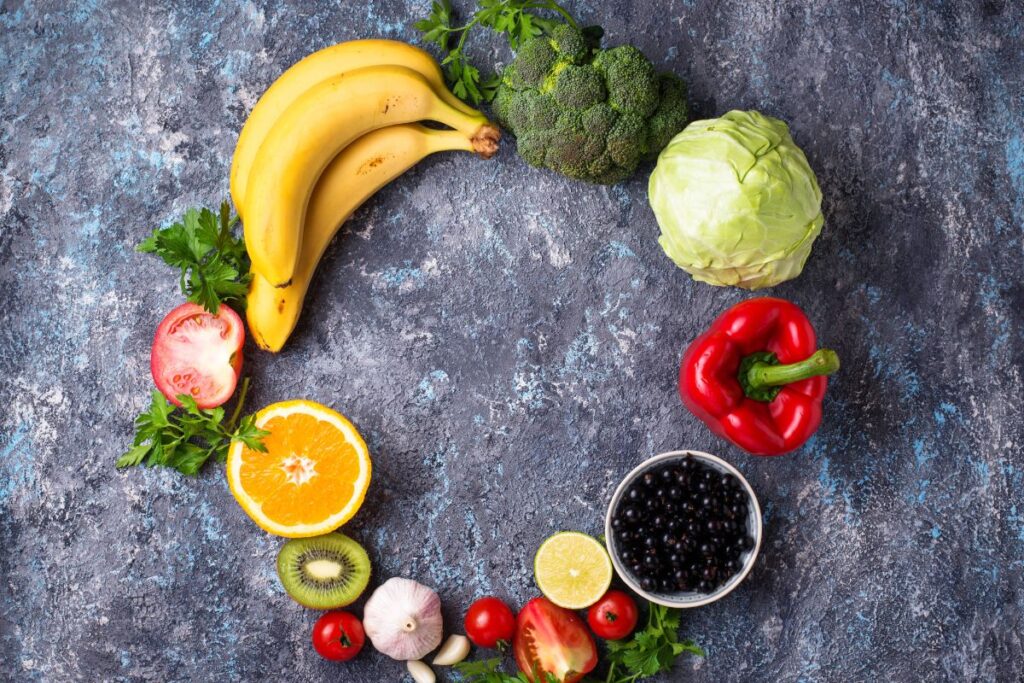
Experts concluded that Vitamin C and E consumption negatively affected strength training adaptation. Generally, the impact of these supplements on muscle hypertrophy was insignificant, but the group that was using these Vitamins gained less strength. I’ve chosen this study for a reason, as it was the first one to learn the impact of high Vitamin C doses on cellular and physiological adaptation to strength training.
By the way in 2020 the systematic survey confirming all results of the aforementioned study was published. It consisted of 3 experiments that studied the impact of Vitamin C on strength indices. A big part of data demonstrates that it doesn’t stimulate muscle growth and perhaps could negatively affect muscle hypertrophy as well.
Apparently, the influence made on cells by the high concentration of antioxidant supplements (of which Vitamin C and E have the strongest evidentiary basis) dulls the cell signals thereby preventing strength training adaptation.
Another thing you should know!
Interestingly, strengthening of oxidative stress is not necessarily a problem. The majority of studies allow us to assume that the production of reactive oxygen species yields benefits. Free radicals force the adaptive changes in muscles to occur, increasing the number of mitochondria and myofibrils hypertrophy.
I can recommend high Vitamin C doses intake just in one case – you train very hard and you catch a cold frequently. Numerous experiments have shown that the risk of catching a cold was halved by the high Vitamin C doses consumption among marathoners and skiers.
This might be thought to imply that Vitamin C intake during heavy strength training can also be rather useful. But only for those who often get the flu. The thing is that Vitamin C will save you from falling ill and you won’t violate your training schedule due to the sickness. Smaller adaptive changes increment caused by Vitamin C seems to be the lesser evil than just skipping your workouts.
Taking into the account that only very high doses of Vitamin C (1000 mg) were usually used in those studies, cutting it down twofold-threefold (200-500 mg) is likely to solve both problems:
- It will reduce the risk of getting sick;
- It won’t lower strength training adaptive changes.
By the way, a daily value of Vitamin C can be easily gained from the various foodstuffs – kiwi, bell pepper, blackcurrants, broccoli and other vegetables and fruit. Eat right and healthy, or use our nutrition plans. Each of them has thoroughly balanced micro- and macro-nutrients, all you need is just to follow.
🔻Maximum Performance Nutrition Program
Unlock your maximum potential with our Maximum Performance Nutrition Program. Tailored for weightlifters, this program offers serving-based diet planning, no food weighing required.
Perfectly complement your training for efficiency, body composition, competition prep, and weight class adjustments. Optimize performance, carbs, meal timing, and supplements.
Weightlifting Meal Plan Details:
- Easy step-by-step instructions;
- Serving control basis with no food weighing;
- Calorie intake is calculated for body mass;
- Adapts to your training schedule;
- Detailed guidance on progress tracking;
- Meal timing and serving sizes master tools;
- One-time payment for unlimited access.
Level up your game today!
You might be interested in:
Why Trust Us?
With over 20 years in Olympic Weightlifting, our team does its best to provide the audience with ultimate support and meet the needs and requirements of advanced athletes and professional lifters, as well as people who strive to open new opportunities and develop their physical capabilities with us.
By trusting the recommendations of our certified experts in coaching, nutrition, dietology, and sports training programming, as well as scientific consultants, and physiotherapists, we provide you with thorough, well-considered, and scientifically proven content. All the information given in the articles concerning workout programming, separate exercises, and athletic performance, in general, is based on verified data. We ensure that you can rely on our professionals’ pieces of advice and recommendations that can be treated as personalized ones which will benefit you and fully meet your needs.
The product testing process is described in more detail here
Author: Sergii Putsov
Head of Sport Science, PhD
Best Results: Snatch – 165 kg,
C&J – 200 kg
Sergii Putsov, Ph.D., is a former professional weightlifter and National team member, achieving multiple medals in the 94 kg weight category at national competitions. With a Master’s degree in “Olympic & Professional Sport Training” and a Sport Science Ph.D. from the International Olympic Academy, Greece, Sergii now leads as the Head of Sport Science. He specializes in designing training programs, writing insightful blog articles, providing live commentary at international weightlifting events, and conducting educational seminars worldwide alongside Olympic weightlifting expert Oleksiy Torokhtiy.



